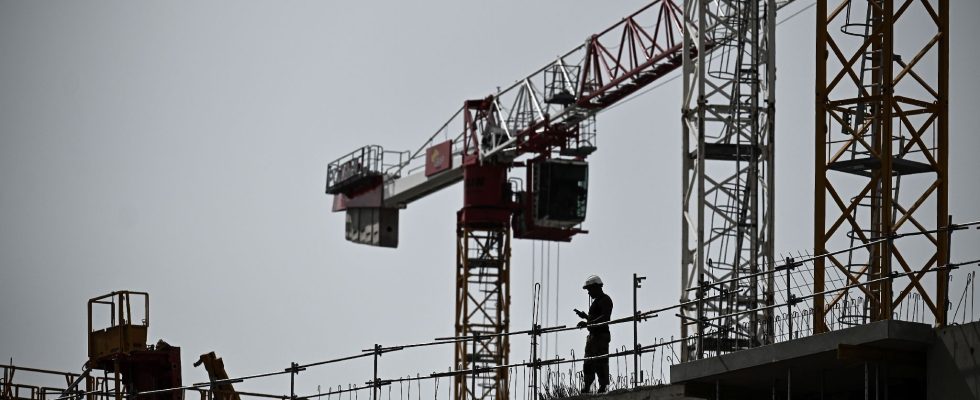There are too few of us to warn for several months about the economic and social dangers of an aspect of the Climate and Resilience law promulgated in 2021. A measure that seems technical but whose consequences are colossal: the “Zero net artificialisation” ( ZAN). Behind this very administrative, and therefore very French, acronym hides a Malthusian standard which our city officials, notably via the Association of Mayors of France, were among the first to be moved. The Climate and Resilience law is an avatar of the Citizen’s Climate Convention, this so-called “participatory democracy” meeting which considers that the democratic crisis comes from the fact that the French feel gagged. Some of our best political observers, like Pierre-Henri Tavoillot, have shown how questionable this diagnosis is. With the ZAN, we have the confirmation – but frankly, we suspected it – that the most bureaucratic and most harmful measures can emerge from this kind of gadgets.
The Climate and Resilience law plans to achieve strict ZAN in 2050. This means that on this date, any new construction will have to be compensated by the destruction and “renaturalization” of an equivalent ground surface. This provision is gradually coming into force. In 2031, the rate of net artificialization will have to have been halved, and this already poses enormous problems since it will then be more difficult to build housing and factories. According to the Association des intercommunalités de France, two-thirds of the latter refused projects or were forced to move them due to lack of land. And 90% of them can no longer accommodate industrial projects of more than 50 hectares. To give an order of magnitude, a car factory occupies about 250 hectares. Bruno Le Maire had rightly proposed that green industry projects be excluded from this rule. Not only was the request from the Minister of the Economy justified, but it was very minimal: because how can we decarbonize if the standards prohibit the establishment of industrial activities specializing in decarbonization?
However, it is towards this absurd choice that the discussions in the Assembly are currently tending, with a view to a law which must specify the conditions of application of the ZAN. MEPs set the number of constructible hectares allocated to the regions at 110,000 by 2031, to which will be added 15,000 hectares, at the disposal of the State, for “projects of national interest”. Welcome to Cuba without the sun! It is therefore the State that will decide on the handful of large-scale industrial or infrastructure projects that may emerge in France in the coming decades. When you think that some claim that France is a “neoliberal” country, while it gets entangled in the crudest Colbertism…
With the scarcity of land, cities will become even denser
ZAN has two major drawbacks. On the one hand, it enters into direct contradiction with the objective of reindustrialization of France, which however seemed to be able to be achieved. Infuriating. We would like to know what the President of the Republic thinks about it, who carries the files of attractiveness and sovereignty. On the other hand, the ZAN will administratively organize the scarcity of land and accentuate patrimonial inequalities. The construction of individual houses? Finito. We are soon in danger of only building buildings. The owners of pavilions will be pleased to see the value of their heritage increase. But too bad for the young people who dreamed of a house and a garden. The ZAN will push for the densification of the cities already built. Rural France? She will just have to stay that way and be satisfied with the good air of the countryside.
The left-wing press loves to point the hand of industrial lobbies behind the measures taken by the government. Would it focus this time on an extremely powerful lobby that is increasingly present in ministries, public companies and citizens’ conventions? That of radical anti-capitalist ecology, which hates industry even more than global warming.
